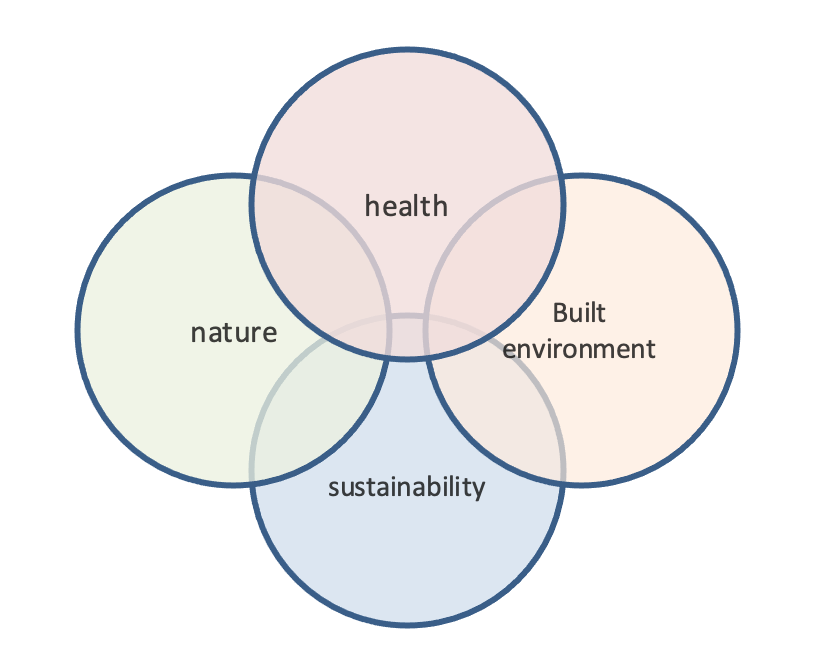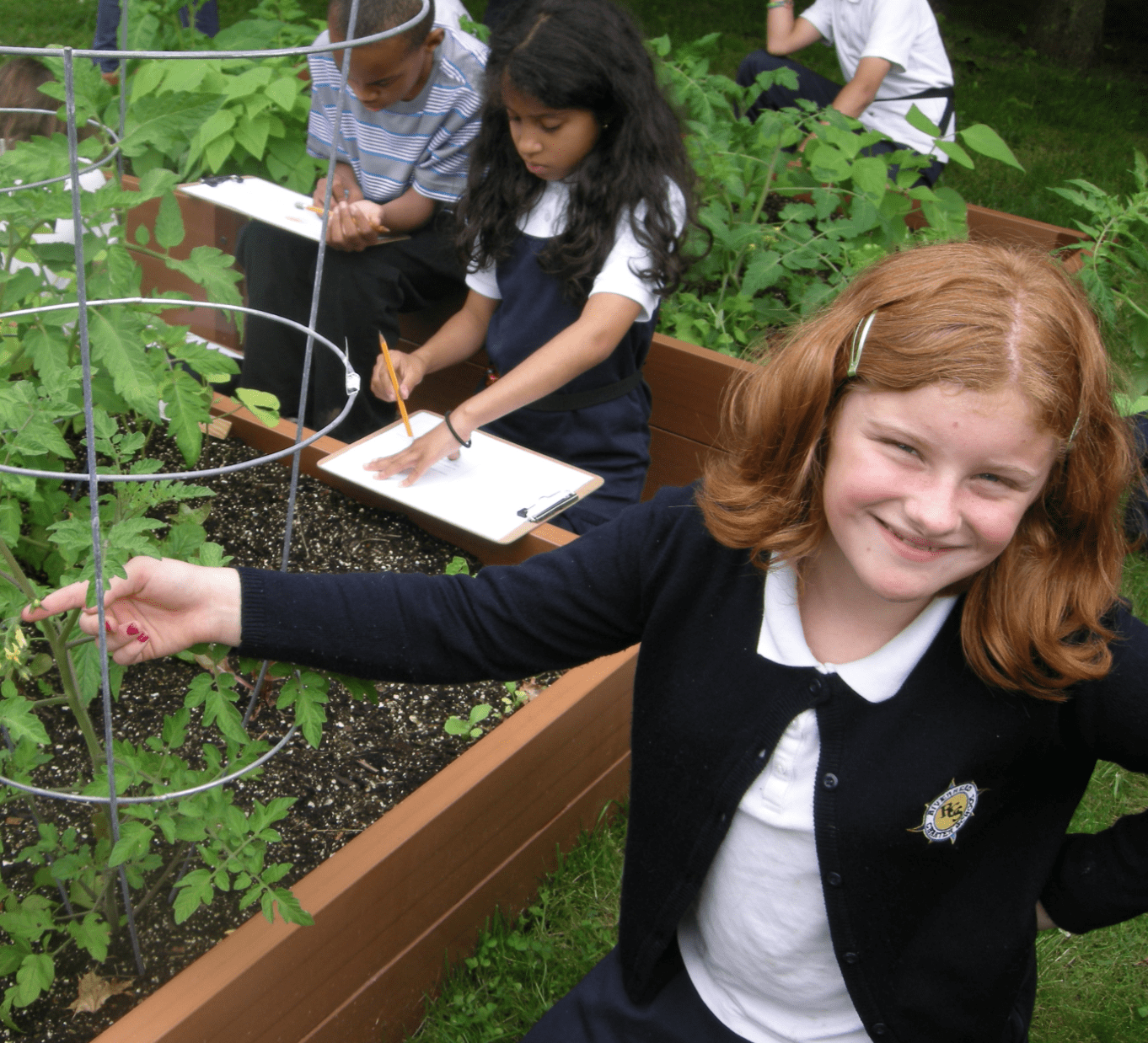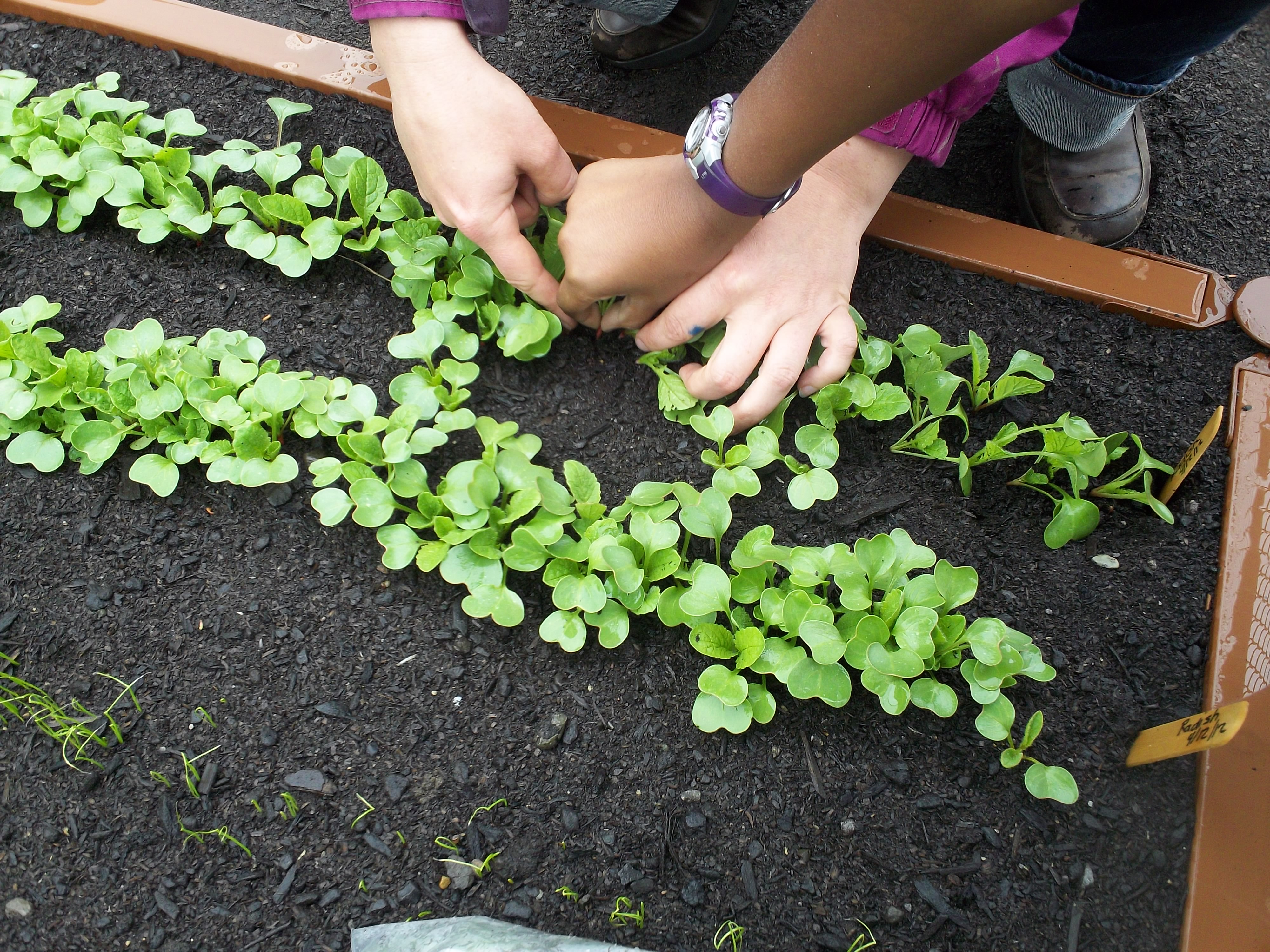Research in the Wells Lab fits, primarily, at the intersection of environmental psychology and public health. Our independent variables typically focus on aspects of the natural environment (nearby nature, school gardens, nature interventions) or the built environment (housing quality, cafeteria design, design interventions). We are interested in how the environment affects health, functioning, resilience, and health-related behavior such as diet and physical activity. Our studies stretch across settings—from home to neighborhood to school—and across the life course—from childhood to late life. We employ a variety of research designs including randomized controlled trials, natural experiments, and quasi-experiments; and methods ranging from objective physiological measures, to observation, to surveys. Below are a few core themes.


The Natural Environment + Human Well-Being
A central topic of study in the Wells Lab concerns the influence of the natural environment on human health and well-being. In this work we have examined a variety of contexts—or microsystems—from the home environment to schools and focused primarily, though not exclusively on children.
The importance of nature to human’s psychological well-being, cognitive functioning, and human resilience is a core theme within the Wells Lab. One theme we consider is how nature fortifies a person in the context of adversity and challenge. Much of this work is grounded in Attention Restoration Theory (Kaplan + Kaplan). Other work in the lab has considered the influence of nature throughout the human life course.
Nature and Autism is a new focus within the Lab. We are conducting a scoping review of the literature that examines the effects of the natural environment and nature-based therapies on individuals with Autism Spectrum Disorder. Next, we aim to examine how the sequencing, duration, and character of outdoor time affects emotion regulation and resilience of individuals with autism. This work will employ elaborate video, audio, and physiological data from both students and teachers to operationalize dependent variables of interest.

Environments, Physical Activity, and Diet
Another theme in the Wells Lab is the influence of the environment on health behaviors – physical activity and diet, in particular. Examples of work in this vein include examining the influence of neotraditional neighborhood design on physical activity, studying the effects of school design on children’s movement, and investigating the impact of cafeteria design in dietary intake.
School gardens have been a major focus of research in the Wells Lab. In collaboration with colleagues in Arkansas, Washington, and Iowa, we conducted a randomized controlled trial to understand the influence of school gardens on the physical activity, diet, and science learning of students attending 48 elementary schools across four states. Recent research, in collaboration with colleagues at NCSU, considers how childcare center garden interventions affect the health behaviors and knowledge of young children.

Housing, Neighborhoods + Health
Another area of our research concerns the influence of neighborhood characteristics and housing quality on human health. Natural experiments, whereby a change occurs without researcher intervention, can provide an antidote to some of the salient methodological challenges of real-world research. In housing and neighborhood research, among the challenges are the predominance of cross-sectional data and self-selection bias, which both preclude our ability to make causal conclusions. Interests in natural experiments led to a partnership with Habitat for Humanity to examine the effects of housing quality on mental health over time. In this work, conducted in Michigan, Georgia, Alabama, and Florida, we employ quasi-experimental methods to assess the influence of housing among low-income women as they relocate. A variety of subsequent studies have examined how characteristics of the neighborhood environment (including parks and nature) are associated with health outcomes.
